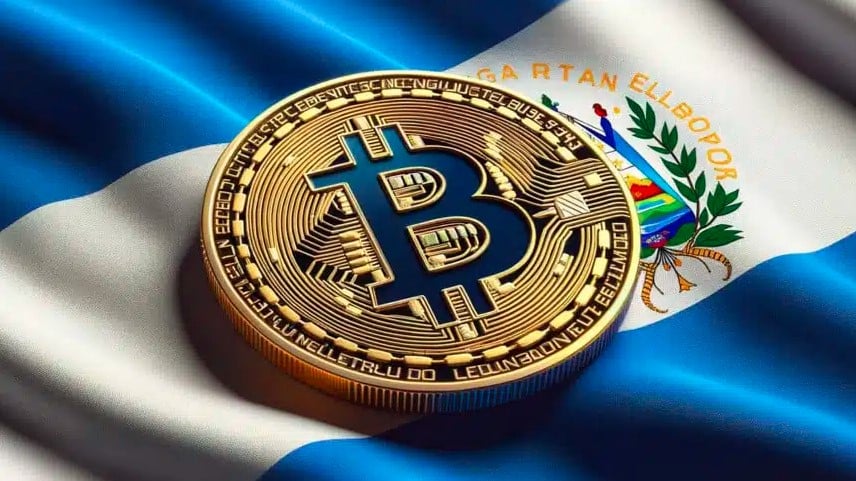Retaining its Bitcoin holdings, El Salvador has signed a $1.4 billion loan arrangement with the International Monetary Fund (IMF), pledging budgetary improvements. The deal coincides with the country of Central America trying to balance its economic difficulties with a continuous dedication to cryptocurrencies.
IMF Deal and Fiscal Restructuring
A joint statement by IMF officials Rodrigo Cubeddu and Luis Torres claims that El Salvador’s early performance under the program funded by the IMF has been good.
While implementing changes in financial resilience and governance, the nation has reached important milestones in reserve and fiscal matters.
“The authorities have made major progress in implementing their economic reform plan under the IMF-supported program,” the IMF delegation said. Most of the program milestones for the first review were easily satisfied, and structural benchmark implementation is going forward nicely.
Supported by strong remittance flows and increasing investor confidence, the officials also pointed out that El Salvador’s economy has kept rising. To correct macroeconomic imbalances and promote sustainable economic development, they underlined the need for ongoing efforts in structural improvements and financial simplification.
Under the agreement, El Salvador will seek policies of fiscal tightening. This covers changes to the civil service and pension systems, slowed current spending, and cuts to the public pay bill.
The forthcoming Fiscal Sustainability Law will support these initiatives since the government wants to boost foreign reserves by raising central bank deposits. The backing of the IMF emphasizes the need for these changes to guarantee macroeconomic stability and increase trust in the economic situation of El Salvador.
Bitcoin Remains Part of El Salvador’s Financial Landscape
The IMF underlined its worries over El Salvador’s Bitcoin approach, even if financial reforms have made improvements. According to the IMF report, efforts will keep making sure that the overall quantity of Bitcoin kept in all government-owned wallets stays the same. This implies that the nation will not buy more Bitcoin in the foreseeable future, even if it is not selling up its holdings.
The IMF also underlined continuous attempts by the public sector to phase out Chivo wallet involvement by the end of July. Launched in 2021 to encourage Bitcoin acceptance throughout the nation, the government-backed digital wallet known as Chivo’s phase-out marks a major change in line with the IMF’s insistence on restricting the direct influence of the state on the Bitcoin ecosystem.
The Path Ahead
The $1.4 billion agreement was finalized in December 2024, with restrictions on the country’s crypto-related operations underlined. These requirements meant that public sector participation in related activities should be limited and that Bitcoin acceptance in the private sector of El Salvador remains voluntary.
Later on, the national policy included this framework thanks to changes to the Bitcoin Law enacted by the Congress of El Salvador.
Subject to future evaluations depending on the nation’s commitment to stipulated budgetary and structural reforms, the IMF Executive Board authorized the financing agreement in February 2025, therefore permitting an initial release of $120 million.
Although the loan will offer vital financial help, El Salvador will rely especially on the next months to combine its ambitious innovations with the severe criteria for the economic stability of the IMF. The route forward for the country in the changing global financial order could depend on its capacity to satisfy these reforms while keeping Bitcoin as part of its financial scene.
